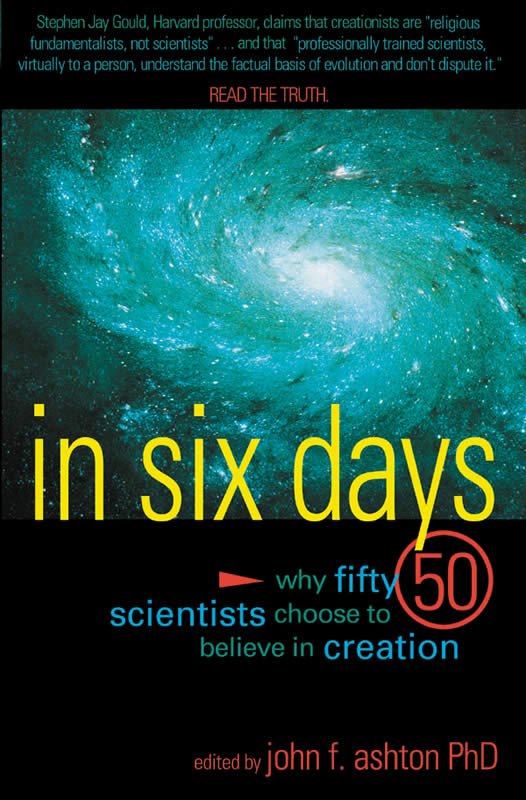You may have watched the Bill Nye vs. Ken Ham debate early this year. If you didn't, it is available in its entirety online here. I hope you'll take the time to watch it. During the debate, Bill Nye asserted that Bible-believing creationists cannot do good science. He argued that a biblical worldview suppresses good science and therefore, if creationists persist in telling children that the Bible can be trusted when it speaks of the origin of the universe, the result will be that the United States will suffer and lag behind the rest of the world in our scientific progress. His premise is that technological advances will come to a stand-still if would-be scientists allow that there may be a Creator. Ken Ham did an excellent job refuting that argument. Ham showed video clips of well respected scientists and inventors who are biblical creationists; the debate audience could hear and see these scientists give testimony to their belief in six-day creation.
Along those same lines, I recently read the book in six days: why fifty scientists choose to believe in creation. The really cool thing about this book is that it is entirely composed of essays from 50 different scientists who believe in the Bible's account of creation. They explain in their own words why they believe in biblical creation (six-day creation). The book is available online for free at https://answersingenesis.org/answers/books/in-six-days/, or you can purchase it here.
Check out the credentials of the scientists who are featured in this book. Mr. Nye's argument is simply false.

